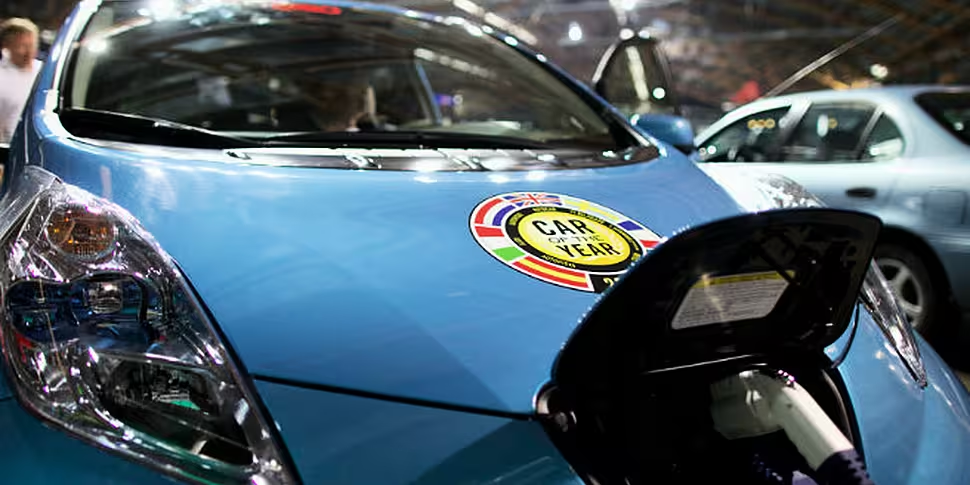Research from the UK has found that electronic cars could cut oil imports by 40 percent by 2030 - this would represent a decrease in drivers' fuel costs of £13bn (€18.2bn) per year.
According to the Cambridge Econometrics' research the cars could deliver an average annual saving of £1,000 (€1,400) to drivers. It also says that this would lead to a 47 percent reduction in carbon emissions produced by vehicles over the next 15 years.
The study was commissioned by the European Climate Foundation - it adds that air pollutants like nitrogen oxide could be all but eliminated by the middle of the 21st century if electronic cars are adopted.
The research values the overall public health benefits associated with electronic cars at over £1bn (€1.4bn).
These findings are based on the use of 6m electronic vehicles in the UK by 2030 - growing to 23m by 2050.
Edmund King, President of the Automobile Association (AA), commented on the report: "The cost of motoring is still the number one concern for motorists so the fact that low carbon vehicles are driving down costs is great news both for drivers and for Britain’s economy."
Jerry Hardcastle, Global Chief Marketability Engineer at Nissan, added: “The report clearly demonstrates how battery electric vehicles will continue to positively contribute to the UK economy."
He continues, "Over time it is becoming clear that each battery EV is an investment in public health as it will also enable the necessary air quality improvements in urban environments."









